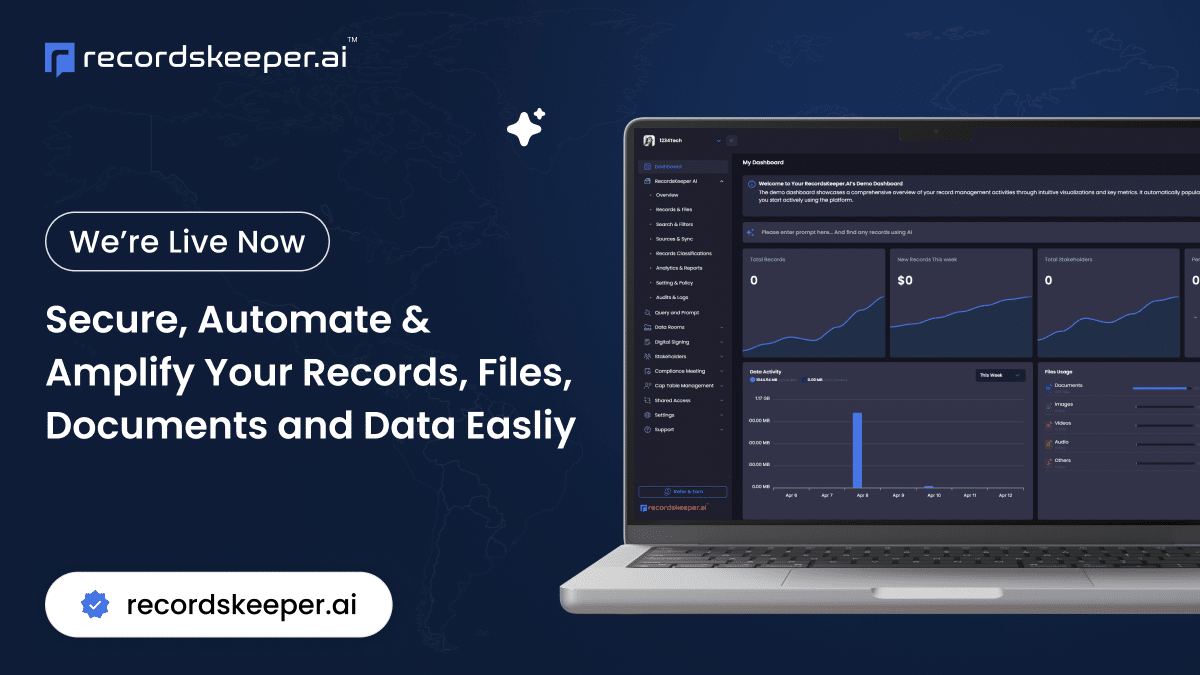Embracing the Digital Healthcare Revolution: How Health Information Systems Are Transforming the Industry
In today’s fast-paced world, the digital transformation of healthcare stands as a beacon of innovation, guiding us toward a more efficient, accessible, and precise medical practice. As someone deeply engrossed in the confluence of AI and technology, I find the evolution of health information systems thrilling. These systems have become integral catalysts, reshaping how medical data is managed, secured, and utilized.
AI-Driven Innovation in Healthcare IT
Artificial Intelligence (AI) has emerged as a game-changer within healthcare IT, driving monumental changes in processing and analyzing vast amounts of data that health information systems deal with regularly. AI augments traditional systems, enhancing their abilities to extract meaningful insights, thus improving decision-making processes for clinicians.
What’s fascinating to me is AI’s capacity for pattern recognition. This capability allows AI to detect anomalies or emerging health trends in large datasets, empowering healthcare providers to address potential issues before they evolve into major problems. From predicting patient admissions to flagging potential medical errors, AI-integrated health information systems are elevating care quality across the board.
A New Era of Accessibility and Interoperability
The primary role of health information systems is to bolster the accessibility and interoperability of patient records. AI plays a pivotal role in ensuring data harmonization across platforms, enabling seamless interaction between disparate systems. This, in turn, paints a holistic picture of a patient’s medical history, which is instrumental in devising personalized treatment plans.
Take electronic health records (EHRs) as an example. They serve as centralized hubs of patient information. AI enhances EHR by identifying gaps in patient data, streamlining administrative tasks, and prompting caregivers about potential updates in patient history. As we see the boundaries of technology stretching further, it is invigorating to imagine a future where healthcare professionals spend more time with patients and less time on cumbersome paperwork.
Data Accuracy and Patient Safety: Top Priorities
In digital healthcare, the accuracy of medical data cannot be overstated. Health information systems equipped with AI capabilities ensure that patient records are up-to-date and devoid of errors. By automating data entry and flagging inconsistencies, these systems not only mitigate human error but also enhance patient safety.
Moreover, AI’s involvement in data analysis facilitates predictive analytics—foretelling potential medical conditions before their onset. For instance, analyzing patient data patterns can alert providers to potential cardiovascular risks, empowering them to act preemptively. It’s exhilarating to witness how AI in healthcare IT transforms raw patient data into actionable insights, significantly impacting patient outcomes.
Fortifying Security and Compliance
In an era where data breaches are increasingly common, the issue of medical data security is more pressing than ever. Health information systems fortified with AI are at the forefront of this battle, utilizing advanced algorithms to protect sensitive information. By monitoring for abnormal access patterns and encrypting data transfers, these systems provide robust security measures against cybersecurity threats.
Equally important is maintaining compliance with regulations like HIPAA and GDPR. Health information systems with AI can automate compliance processes, ensuring that healthcare institutions adhere to the requisite legal standards. This automation reassures both patients and providers that data integrity and privacy are of paramount concern, enabling trust in the digital healthcare ecosystem.
Charting the Future of Healthcare
As we forge ahead in this digital age, the integration of AI in health information systems will be a keystone in healthcare transformation. The continuous enhancement in accessibility, data accuracy, security, and compliance will drive the industry toward unprecedented levels of operational excellence.
I am genuinely optimistic about the future. As these systems evolve, they will only become more indispensable, refining the delivery of healthcare and ultimately contributing to better patient care outcomes. It is an exciting time to witness and drive digital transformation, where AI and modern technology converge to redefine healthcare.
Conclusion: Building a Better Tomorrow
To those engaged in healthcare IT and looking forward to being part of the solution, understand that the future is bright, and its innovations abundant. Recognize the immense value that health information systems and AI bring to the table. By embracing these tools, you are not only enhancing the quality and efficiency of care but also building towards a legacy of more humane and responsive healthcare systems.
For those keen on exploring more about this fascinating intersection of AI and healthcare, I invite you to follow along. Join me as we journey through these transformative times, discovering new insights and uncovering pathways that will shape our healthcare future. Let us commit to crafting a better tomorrow, aided by technology that is as intelligent as it is compassionate.








